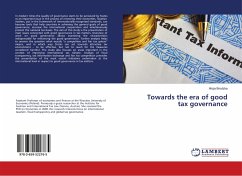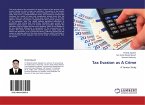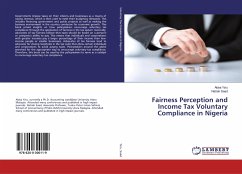Compliance is traditionally measured through the comparisons of revenue statistics or self-reports of compliance against aggregated revenue figures. These methods fail to address the true nature of evasion: not only the correct application of the law, but also the deliberate intention of the individual to avoid their legal obligations. This study measures compliance by differentiating those who deliberately evade from those who are accidentally non-compliant. Research was conducted using an online survey with small business taxpayers. Results indicate that compliance behaviour can be predicted using the Compliance Behaviour Model. However, intention is only a good predictor of compliance behaviour when taxpayers are fully aware of the tax rules. When minor complexity or system constraints are introduced, intention becomes less reliable as a predictor of behaviour. These findings have substantial implications for taxation authorities. Only those who have the means and the resources to comply are able to fulfil their obligations. Good intentions aren't good enough to ensure taxpayer compliance.
Bitte wählen Sie Ihr Anliegen aus.
Rechnungen
Retourenschein anfordern
Bestellstatus
Storno








